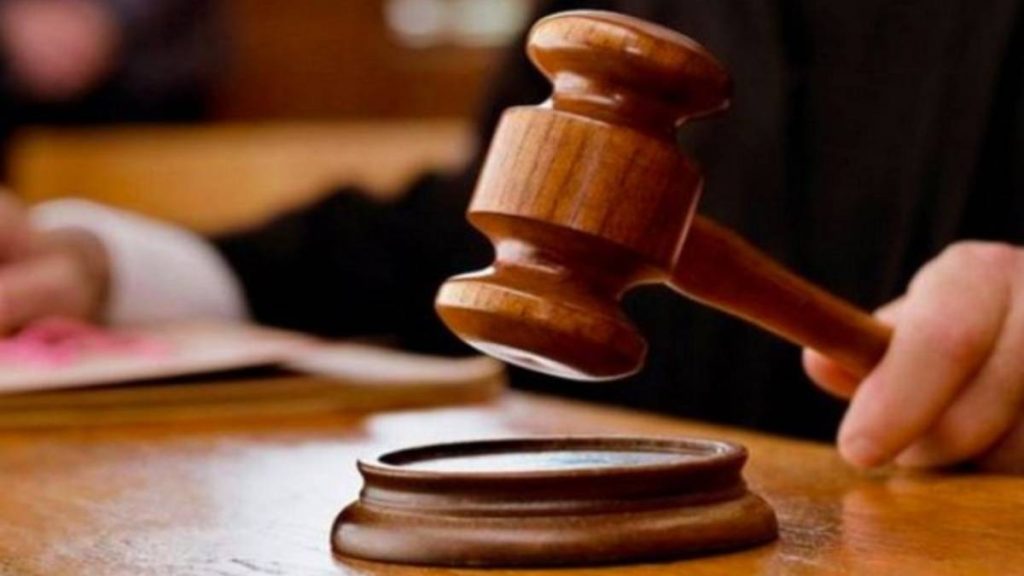The Delhi High Court on Thursday issued a notice to the National Investigation Agency (NIA) in response to a regular bail plea filed by Sheikh Abdul Rashid, popularly known as Engineer Rashid, the newly elected Member of Parliament from Baramulla, Jammu and Kashmir. Rashid is currently lodged in Tihar Jail in connection with a 2017 terror funding case.
Rashid, who was arrested in August 2019 under the Unlawful Activities (Prevention) Act (UAPA), had previously been denied bail by a trial court on March 21 this year. He has now approached the High Court challenging both the rejection of bail and the charges framed against him in a separate appeal.
During the hearing, the NIA’s counsel raised objections over a 1,104-day delay in filing the appeal, arguing that such a delay far exceeds the 90-day condonation limit permissible under the law. In response, Rashid’s legal team — Advocates Aditya Wadhwa and Vikhyat Oberoi — contended that the statutory timeline should not be rigidly applied, especially when fundamental rights involving life and liberty are at stake.
Taking the arguments into account, the court issued notice on the delay condonation application and scheduled the next hearing for July 29, 2025.
Despite being incarcerated, Rashid contested the 2024 Lok Sabha elections and won a resounding victory, defeating former Jammu and Kashmir Chief Minister Omar Abdullah by over 2 lakh votes from his jail cell.
Rashid was among several individuals charged by the NIA in a 2017 investigation into terror funding in Jammu and Kashmir. The list of accused includes Hafiz Saeed, Syed Salahuddin, Yasin Malik, Shabbir Shah, Masrat Alam, and others linked to militant and separatist networks.
According to the NIA, Pakistan’s ISI, along with terror outfits like Lashkar-e-Taiba, Jaish-e-Mohammed, Hizbul Mujahideen, and the Jammu and Kashmir Liberation Front (JKLF), funneled funds to separatist groups via hawala networks to orchestrate attacks, incite unrest, and carry out anti-India propaganda.
The agency further alleges that the All Party Hurriyat Conference (APHC), formed in 1993, played a central role in this network, using foreign funds to fuel violent protests, burn schools, attack security forces, and damage public property.
Rashid’s bail plea and legal challenge now bring renewed focus to the controversial case, especially in light of his unexpected electoral success.
